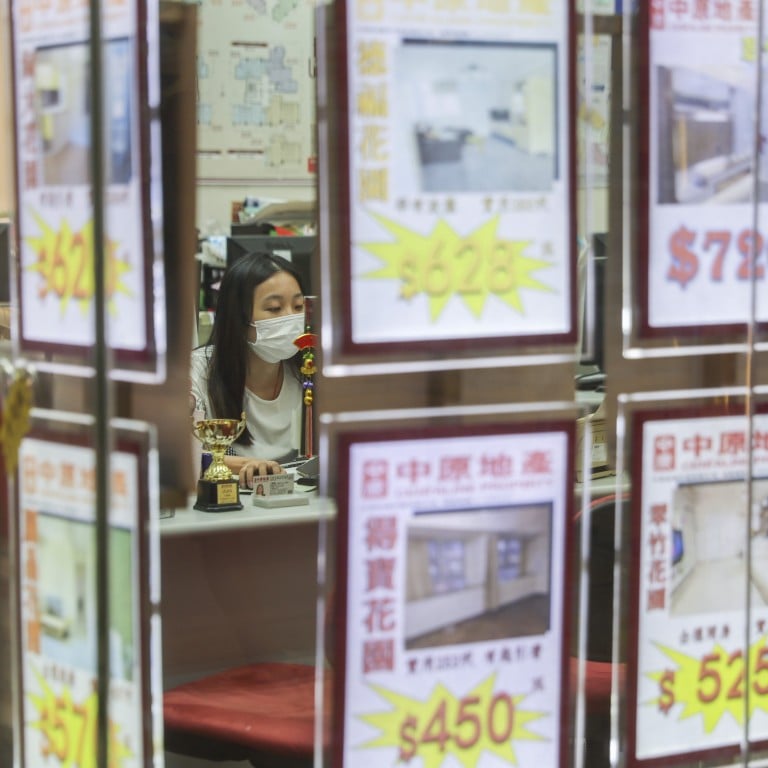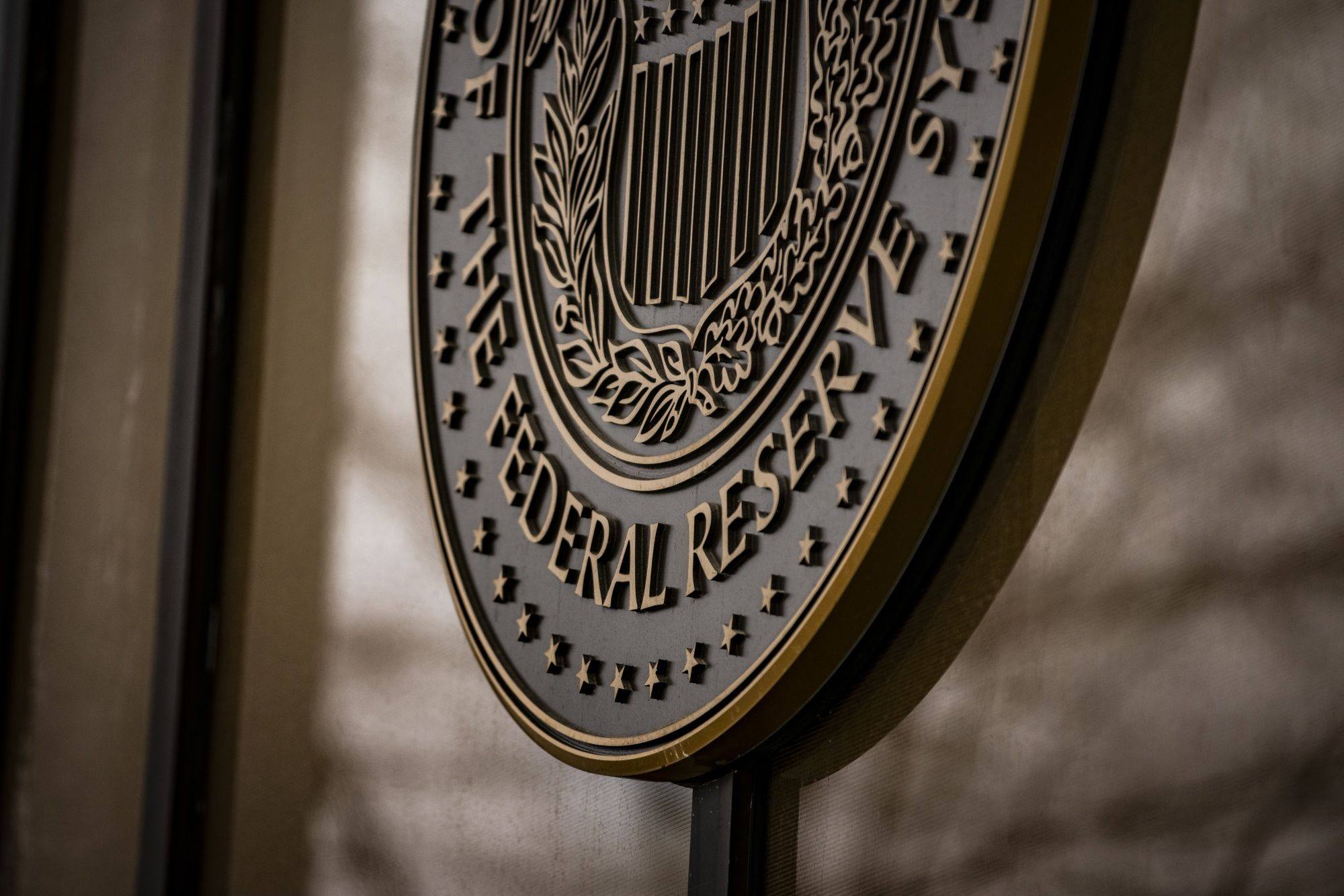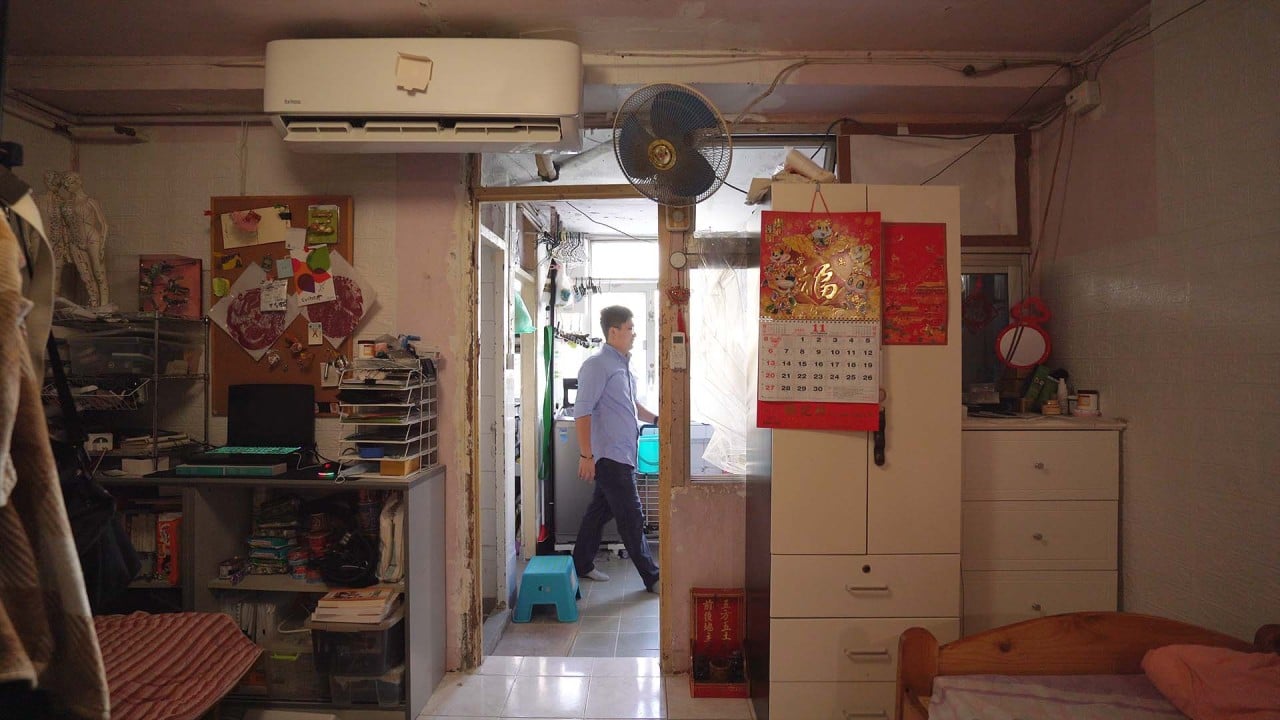
Sharp rebound in Hong Kong’s property market sentiment underlines its resilience
- Prices and transaction volumes are both expected to rise this year following severe declines in 2022
- While Hong Kong’s dollar peg makes it vulnerable to US Fed rate hikes, which may not have peaked, stringent macroprudential supervision and ample liquidity in the banking system continue to inspire confidence
Since the Covid-19 pandemic erupted, most assessments of the performance of economies and industries date back to just before the virus struck. For Hong Kong, however, the time frame is much longer.
In a report published on February 7, Morgan Stanley predicted home values would increase by 10 per cent this year, with transactions in the primary and secondary markets rising 28 per cent and 15 per cent respectively, following sharp declines last year.
Indeed, even after a 15 per cent rebound in the past two months, Hong Kong property stocks are still trading at a 50 per cent discount to their net asset value, suggesting the rerating has a lot further to run. The recovery in the housing market “was a long time coming”, said Praveen Choudhary, an equity analyst at Morgan Stanley in Hong Kong.

The common perception is that Hong Kong is particularly vulnerable to rising rates. The surge in household debt since the 2008 financial crash, the extremely high share of variable-rate mortgages (nearly all of which are tied to the city’s interbank borrowing costs), and the Hong Kong dollar peg-induced sensitivity of the financial system to US monetary policy, suggest the risks are more substantial.
Yet, contrary to popular belief, the city’s housing market is quite resilient. Plentiful liquidity in the banking system helps suppress borrowing costs, despite the fact Hong Kong imports US monetary policy.
While the Fed has raised rates 4.5 percentage points since last March, Hong Kong’s leading commercial banks have lifted their main lending rates just 0.6 percentage points. “Hong Kong and US rates do not move in lockstep,” said Cusson Leung, head of Asia Property Research at JPMorgan.

Moreover, two-thirds of homeowners are mortgage-free, up from less than 50 per cent in 2000. Among those with mortgages, the average loan-to-value ratio is a prudent 52 per cent, down from a peak of 60 per cent two decades ago.
Years of stringent macroprudential supervision – particularly stress-testing borrowers to ensure they can handle higher rates – have kept the mortgage delinquency rate to a negligible 0.06 per cent. A report published by JPMorgan last November noted that the toughness of the stress-testing requirement signified that mortgage holders were not median households, and instead were likely to be in the top 20 percentile of income distribution.
The government must break its habit of relying on property developers
Still, while credit risk may be low, rates could increase more sharply. Although the 1-month Hibor rate – the main reference for mortgage rates – has plunged from 5 per cent in early December to 2.2 per cent, this has widened the gap with US interbank funding costs. Traders are already ramping up bets against the Hong Kong dollar, increasing the risk of tighter liquidity, which could cause borrowing costs to shoot up again.
More importantly, markets may have misjudged the Fed. Over the past week, speculation has intensified that US rates will rise further than expected due to the persistent strength of America’s labour market. The widely held view that rates have more or less peaked looks shaky.
There is also the possibility of further global shocks, with the revival of geopolitical tensions between the US and China coming at a particularly inopportune time for the global economy.
Yet, the biggest cause for concern is the age-old problem bedevilling Hong Kong’s housing market: the structural imbalance between demand and supply. Only a major overhaul of the development process can help clear backlogs of unmet housing need and accelerate completions.
“The housing shortage remains the biggest challenge facing Hong Kong’s housing market,” said Angela Wong, deputy chair of Midland Holdings in Hong Kong.
The tide is turning for the city’s property market. As recently as October, few would have predicted that the Hang Seng Properties Index would be up nearly 45 per cent by the middle of this month.
The Fed’s tightening campaign continues to pose a threat, though not as severe as often assumed. Yet, from an affordability standpoint, the outlook for the world’s most expensive property market will not improve until supply catches up with demand.
Nicholas Spiro is a partner at Lauressa Advisory


